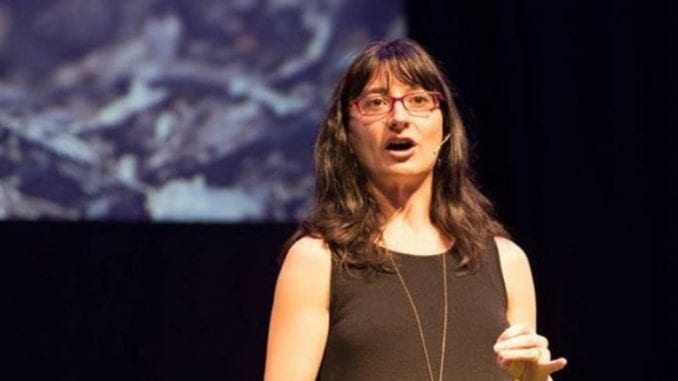
Getting to know Hanna Neuschwander, World Coffee Research’s communications director.
BY CHRIS RYAN
BARISTA MAGAZINE ONLINE
Cover photo courtesy of Specialty Coffee Association
As the effects of climate change have increasingly impacted the world of specialty coffee, nonprofit research organization World Coffee Research (WCR) has led the industry’s response to its modern challenges, uniting the industry behind initiatives designed to promote coffee’s long-term sustainability. Since mid-2015, Hanna Neuschwander has been one of the people most identified with WCR: As the organization’s communications director, she is a mainstay at industry conferences and events, presenting WCR’s latest research and vision for the future. We talked to Hanna about her long journey into coffee and what drives her to keep learning more.
Chris Ryan: What are your earliest memories of coffee?
Hanna Neuschwander: My earliest memories of coffee are of my grandparents running their percolator 12 hours a day. They’d have coffee before, during, and after every meal—always in my grandmother’s cloudy green glass mugs (which are now mine)—leaning against the kitchen counter talking about this or that. I’m not sure when I first drank it, but I’m sure I hated it.
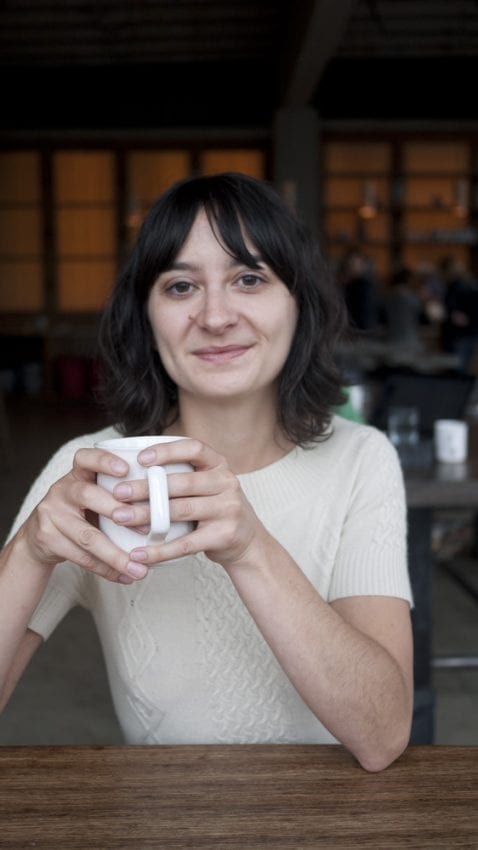
Coffee didn’t enter my consciousness until I was in my 20s. Jim Jarmusch’s Coffee and Cigarettes came out when I was in my final year of university. At the time, I smoked a pack of Marlboro Lights a day. I remember thinking: I should try coffee with my smokes—that really does look good.
A few months later, I got a job working at the McGill University bookstore’s café. One day, a Quebecois guy ordered café allongé. He didn’t (or wouldn’t) speak English, and I didn’t speak French. I had no idea what “allongé” meant. He invited himself behind the bar and showed me how to pull the shot he was looking for. (It’s actually pretty gross—you just let the water run through the grounds until a cappuccino-sized cup is full of espresso). That was the first time I had any inkling that coffee was something people took seriously. Soon after that, a friend of mine got a La Pavoni machine and taught himself how to pour latte art. This was 2004. I was so confused about all of it.
CR: How did you start working in coffee? What field were you in before coffee?
HN: In 2006, my husband and I had just finished traveling around the U.S. and Canada for six months in an old Toyota Land Cruiser. We ended up in Portland, Ore., but we didn’t know anyone. I was working as a freelance writer and editor, spending most of my days in my sweatpants. It wasn’t pretty.
I figured I needed to get out of the house a bit, so I applied for and got a job working for a then-brand-new Portland café called Extracto. They hired me before the café had even opened—I helped spackle the walls and was standing by as their beautiful Cadillac-blue espresso machine was installed. I didn’t know anything about coffee at the time, but I started learning. It captivated me slowly, in fits and starts. I was also working as an editor at the local alt-weekly, and I began writing about coffee for them. The interest in Portland’s coffee scene was just starting to really explode.
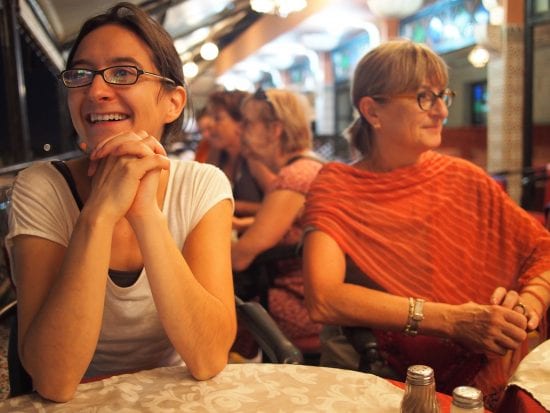
Somewhere in there, I left for a job at Lewis & Clark College, following my professional training as a strategic communicator to lead their graduate programs communications department. But I couldn’t shake coffee. As a way of staying connected to it, and to feed my growing curiosity about it, I kept a second career going writing about coffee. In 2012, I published Left Coast Roast, a guidebook to roasters on the West Coast. That kind of sealed my fate. It was the opening to the coffee rabbit hole and I fell deep in—I was so hooked on the complexities of coffee by the time that project was finished.
When my daughter was born in 2014, I knew I couldn’t keep up two careers and raise a family. I had a choice: Stick with my cushy university job, or abandon ship and find a way to work in coffee. It was scary, but I took the latter path, and it was absolutely the right decision.
CR: How have your interaction with and feelings about coffee evolved as you’ve worked outside of it and now in the industry?
HN: In many ways, I’m still exactly as fascinated by coffee as I was in 2006, although the objects of my fascination have evolved from being mostly about the culture of cafés and the complexities of taste to larger questions about the global nature of coffee production and consumption. Coffee for me is just a microcosm of what is exciting and challenging about the world. It contains all the complexity of modern life: ethical quandaries about the dynamics of globalism, fascinating questions about the intersection of science and culture (like: How do we understand the role of agriculture in the 21st century? What is the future of genetics and food?), an opportunity to reckon with and plan for climate change, all of it. I like to say that if you get bored with coffee, it’s your fault.
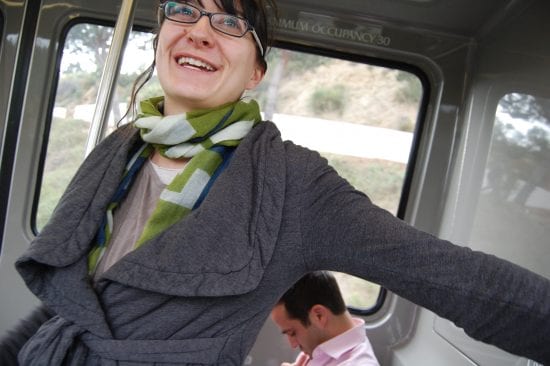
CR: What does your day-to-day work look like now as communications director at WCR?
HN: I send an awful lot of email. 🙂 My colleagues are all over the world: France, El Salvador, Texas. I’m struck with wonderment sometimes at the way modern communications technology has changed our understanding of work, and enabled someone sitting at a desk in Portland to talk directly with a coffee producer in Guatemala, or a geneticist in Marseille, France. It’s incredible.
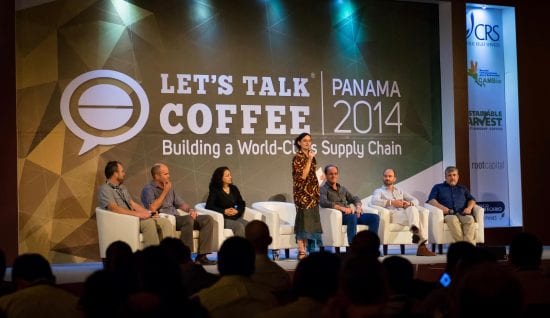
The most rewarding part of my work is that I get to grapple with big questions about how to help people understand the science (and the shocking lack of science!) we are working on in a way that will feel relevant and connected to their world. It matters so much.
CR: What else is gratifying to you about working in coffee?
HN: The genuine spirit of curiosity that people bring to coffee. The way coffee both encompasses some of the most vexing challenges facing our world, while also somehow making the world feel smaller and more connected.

